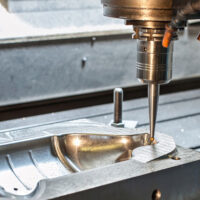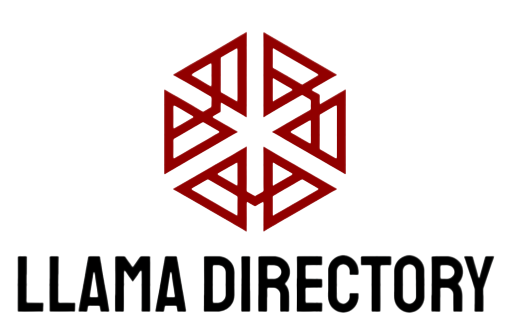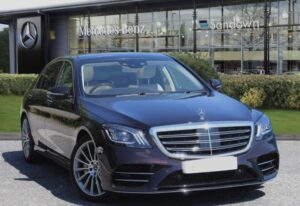
What are the benefits of custom aluminium die casting?
Die moulds are injected with a high-pressure liquid metal to make parts, components, and unique products during the die casting process. One of the most appealing aspects of custom die casting is the possibility to make a huge number of goods at a very cheap cost per unit. Aluminium, copper, magnesium, zinc, and other specific die casting alloys are among the metal alloys that can be utilised in the die casting process. Custom aluminium die casting also enables the production of pieces with complicated forms and unique tolerances.
Benefits
Custom die casting procedures have significant advantages over traditional metalworking technologies. Die casting services to provide components that are long-lasting, sturdy, and useful. Some of the additional benefits of die casting include:
- Outstanding strength-to-weight ratio
- Dimensionally correct
- increased stability
- Rapid manufacturing
- Various finishing techniques
- Simple to assemble

Which alloy suits the best?
Aluminium alloys, copper alloys, magnesium alloys, and zinc alloys are commonly used in the die casting process. The alloy used is determined by the intended physical attributes and design aspects of the final casting. Corrosion resistance, melting point, density, and strength, as well as economic factors, may all play a role in this selection. Each of the metals utilised has unique qualities that may be helpful in certain situations. Aluminium alloys, for example, often offer the benefits of lightweight and corrosion resistance. The intended design elements of the components may also have a significant impact on the material choices for die cast parts. The material used will also have an impact on tooling and machining capabilities. While zinc and other alloys that melt at low temperatures are cast in hot chamber machines, aluminium and copper alloys that melt at much higher temperatures require cold chamber machines.
Conclusion
Die casting is a manufacturing technique that uses reusable moulds or dies to mass-produce complicated metal products at a low cost. The procedure takes place in highly automated facilities and requires four major components: metal raw materials, a furnace, a die, and a die casting machine. Metals used in die casting are typically nonferrous alloys of aluminium, brass, zinc, or copper, however, the composition of an alloy used may vary based on unique client demands and product needs. You may want to try custom aluminium die casting. The die casting process is virtually entirely automated, resulting in very cheap labour costs. However, the costs of producing tool steel dies and using complicated heat-resistant tools need huge volume production to achieve a reasonably low cost per unit.


